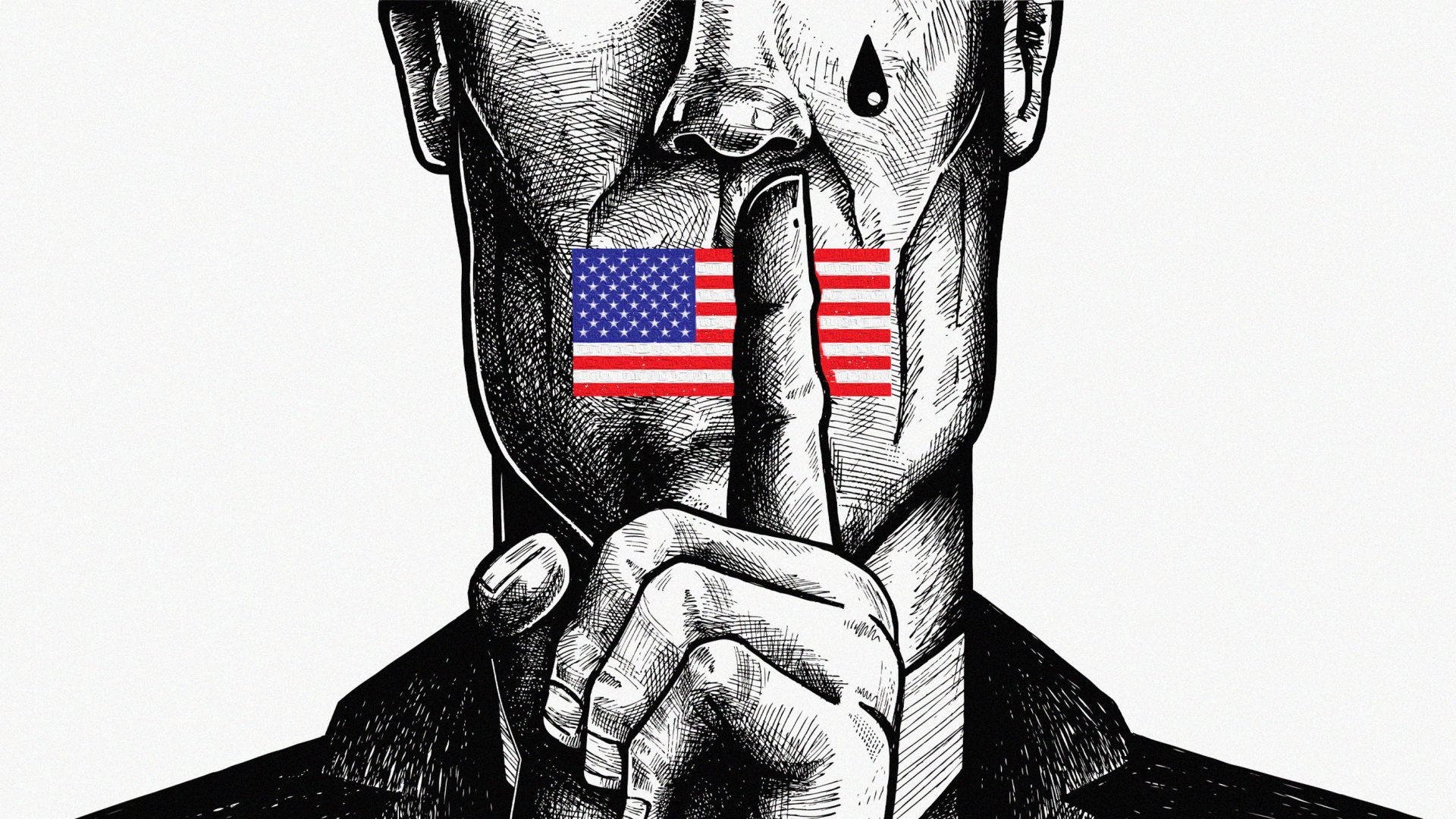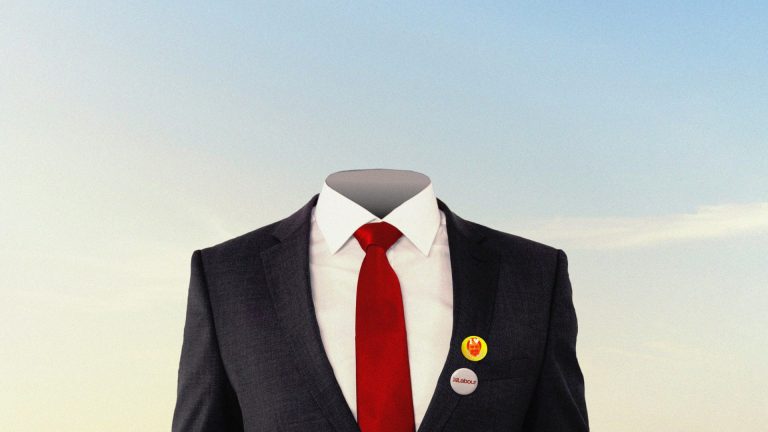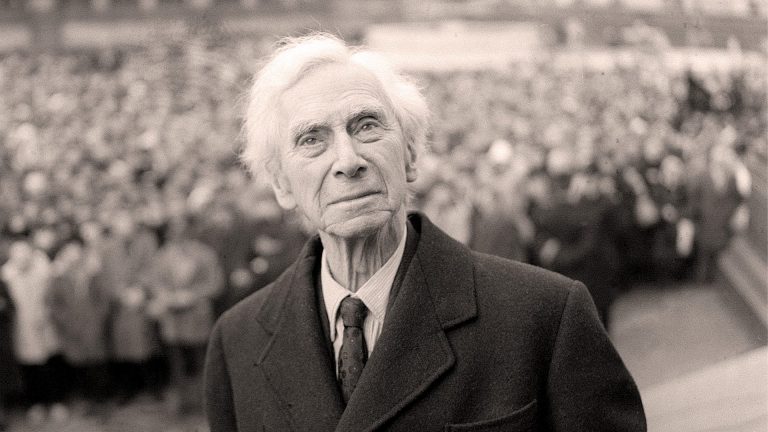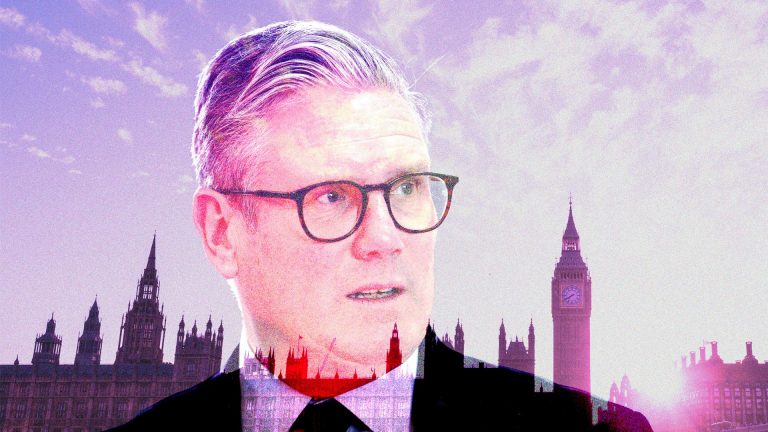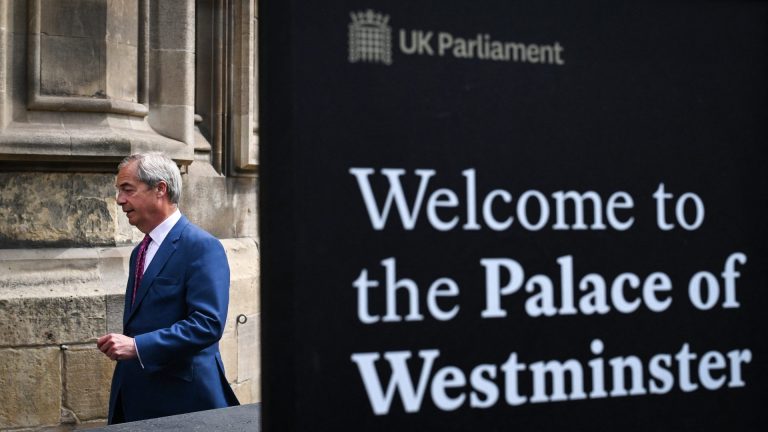Déjà vu is possibly the most overused cliche in the English language (pause for laughter), but in the case of Donald Trump and the US-funded international broadcasting network Voice of America, it couldn’t be more appropriate.
While it has recently been overshadowed by his tariff plans, part of the “unfinished business” from Trump 101 was the evisceration, either partial or complete, of one of America’s most important tools of soft power. His latest attack on the VOA, which broadcasts in 48 languages and is particularly cherished by viewers and listeners in countries lacking press freedom, is a classic case of history is repeating itself, though not as farce but as potential tragedy.
This time round, Trump is moving more quickly than in his last term in dismantling VOA and its affiliates with almost the entire staff being put on ‘administrative leave’ – which means virtually sacked with no notice, although this is now being contested in the courts.
Founded in 1942 when the USA was locked in global conflict with Japan, Germany and their allies, VOA was the voice of the American government – just as the BBC fulfilled the same role during WWII with the Overseas Service, now the World Service.
In 2018, VOA became part of a newly created body, the US Agency for Global Media which, apart from the Voice of America, encompasses Radio Free Europe, Radio Liberty (which covered Russia and its erstwhile ‘empire’), Radio Free Asia, the Office of Cuba and the Open Technology Fund. Together it operates in 64 languages and its broadcasts are estimated to reach 427 million people.
The broadcasters were established as part of America’s cold war offensive to confront world communism and were covertly, and sometimes overtly, led by the CIA. However, over time, they have evolved and become more respected as international public broadcasters, providing news and information, mainly targetted at those living under authoritarian regimes.
But that is now all changing as Trump and his MAGA circus attempt to reign in, or completely destroy, America’s ability to speak to the world in a voice that does not resonate with bluster and threats.
In Trump’s first reign, he became convinced that VOA and its affiliates were cogs in the so-called “deep state” that he believed was intent on undermining his regime. He convinced himself that all its journalists were infected with the liberal mindset he so despised.
This view was recently articulated by the current White House press secretary, Karoline Leavitt, who said: “American taxpayers should not be funding anti-American propaganda in the name of journalism.”
Trump also thinks that the stations have been used not just to target international audiences but to target audiences in the US as well – for example, he says that Arab or Chinese Americans were hearing anti-Trump messages in their native languages. He believes that during the Biden years, the VOA’s Arabic service called on Arab-Americans to declare jihad should he be re-elected.
Yet according to the authors of a new book Capturing News, Capturing Democracy: Trump and the Voice of America, based on interviews with former VOA journalists and a close reading of literally thousands of internal VOA emails, Trump’s motivation for closing down the VOA and its affiliates can be seen as something even more sinister than either just being part of Elon Musk’s money-saving vendetta or another skirmish in his war on “liberal propaganda”.
The authors’ argue that Trump’s attack on the VOA first time round, and even more applicable now, is that he and his acolytes are mounting an operation that can be characterised as “state capture”.
The term refers to the process that can be seen when democratic governments succumb to either an authoritarian or military takeover. The takeover frequently involves the capture, one way or another, of the public broadcaster, which is then transformed into a state broadcaster, serving the interests of the government of the day, and only the government of the day.
In the case of present-day America it is possible to envisage the VOA switching its focus from the international area, or adding to its global profile, by becoming a network broadcasting alongside the ‘big three’ traditional mainstream domestic broadcasters – NBC, ABC and CBS – but without their commitment to journalistic impartiality and independence.
The book’s authors found that even before Trump launched his ultimately unsuccessful takeover VOA in 2020, the network’s own management and journalists were almost doing the job for him.
They found that journalists at the station became self-censoring (particularly those stories about the US) and were creating “false balance” to favour their own government. They found an atmosphere of anxiety as journalists felt growing precariousness about their own positions. They describe the journalists at VOA as: “overworked, exhausted and profoundly anxious”.
This atmosphere intensified in the last six months of Trump’s previous regime when a new boss – Michael Pack – attempted to complete the process of state capture but ran up against the buffers as Trump’s term of office came to an end. This time round Trump is clearly determined that this bit of history will not be repeating itself.
Reflecting on Trump’s attempt to close down the VOA, one of the book’s authors, Martin Scott, told The New European: “Apart from the fact that free and independent media are a vital part of the democratic process and attacking and undermining them is an attack on democracy itself, this is a particular obtuse time to be closing down VOA. At a time when the global order is facing a period of great instability, muting your own ability to compete with the growing international broadcasting power of China and Russia appears to be a somewhat defeating move.”
But state capture is not a black and white issue. In Britain, for example, Scott points out that whilst the BBC’s commitment to impartiality (even if imperfect at times) should not be doubted, it has long been subject to elements of state capture.
The BBC’s World Service is largely funded by the licence fee (which is not government money) nonetheless, each year the BBC and the Foreign Office agree which parts of the world the corporation should be targeting through its language services.
And its domestic services carry a degree of state capture in that the level of the licence fee is ultimately decided by the government – a process described by the authors as ‘resource capture’. Even the corporation’s very right to broadcast is determined by the BBC’s charter and agreement that is signed off by the government of the day.
There are four questions that the authors suggest should be asked of a broadcaster to establish the extent to which it is subject to state capture. First, does the government have the ability to restrict its resources? Second, are political attacks on it frequent and public? Third, are its disciplinary procedures politically influenced? And fourth, to what extent is the governance of its news division politicised?
“You put those four things together” says Scott, “and if all four are happening at once, in all likelihood your news organisation is experiencing government capture. In terms of the BBC, on the basis of these four questions, I don’t think you could represent it as being subject to state capture, but there are mechanisms present – not currently used – which could be invoked in the future by a less well-meaning government.”
Scott sees it as significant that following Trump’s latest moves to close down the VOA and its Radio Free Europe affiliate, the Czech government stepped in to see if they could take over its funding “I think that’s heartening,” he says “ because it demonstrates that European democracies can see with much greater clarity the vital nature of press freedom for their security and their values – but warm words aren’t enough, actions need to be taken.”
Maybe the current court action to contest Trump’s right to abolish VOA and its affiliates is one of those actions that might just slow down, if not end, Trump’s challenge to democracy.
Capturing News, Capturing Democracy: Trump and the Voice of America is published by Oxford University Press £19.99 (paperback) 294 pp. Ivor Gaber is professor of political journalism at the University of Sussex. He held senior editorial roles at the BBC, ITN and Channel 4.

